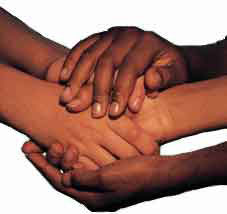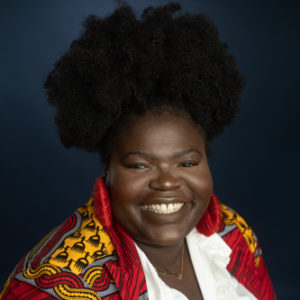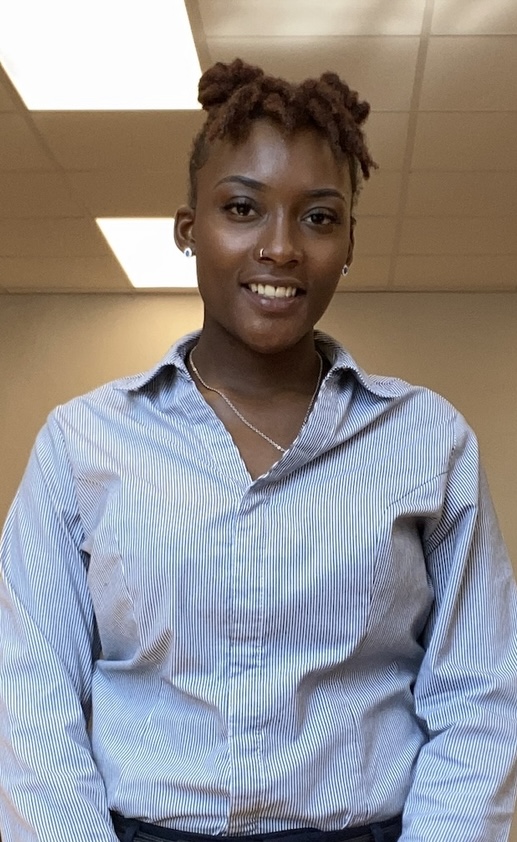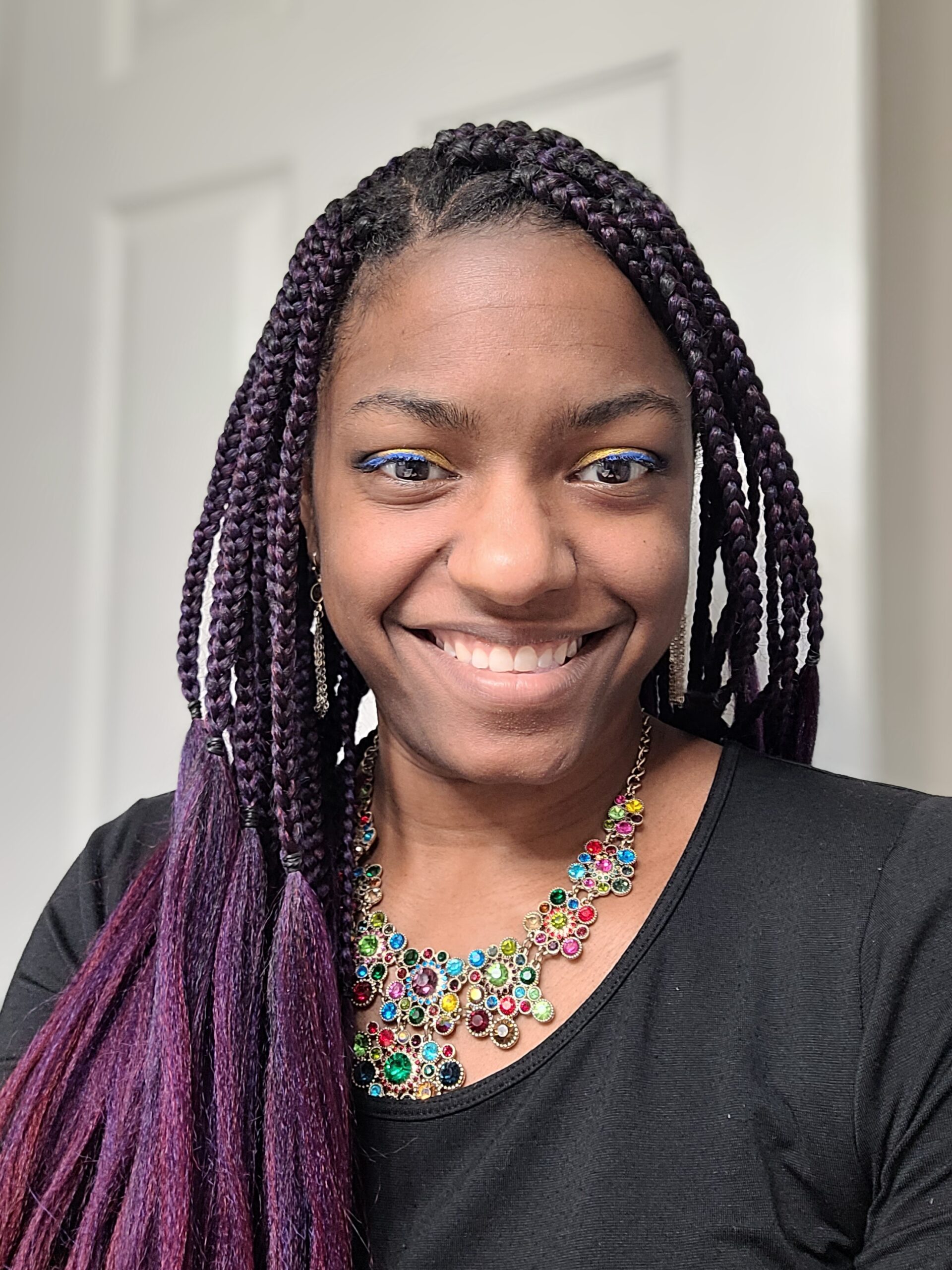Overview
The CCC prioritizes transformation through training and education, treatment and healing, and service and outreach emphasizing liberation, empowerment, and evidence to address adverse experiences. Herein, we train clinicians to provide specialized care to disenfranchised communities under the supervision of informed leaders/clinicians.
It is the mission of the Collective Care Center to be a premier clinic in the area of evidence-based responsive treatment of socioemotional distress through both therapy and assessment. Additionally, we endeavor to engage in community education and comprehensive clinical training.

The CCC annually provides clinical services (therapy and assessment) to ~100 individuals and has trained 1,000 clinicians to do the same, nationally and internationally.
Therapy/Assessment Services
The CCC provides accessible individual, family, and group therapy. Individuals from various backgrounds experience emotional distress due to consistent exposure to systemic issues. This exposure can lead to feelings such as sadness, anxiety, worry, anger, frustration, and hopelessness. Additionally, these individuals can become stressed and worried because they feel that they cannot control or respond to adversity in ways that feel helpful to them and will keep them and the people they care about safe. The experience of these feelings can contribute to difficulties in relationships with friends and families, challenges on the job, and a general lack of mental wellness.
Community Engagement, Partnerships, and Education
In addition to the CCC’s in-house clinic at Spalding University, the CCC provides trauma and assessment services at satellite sites throughout Louisville.
The CCC has conducted a number of local, national, and international presentations that equip mental health networks and other organizations with the knowledge and skill needed improve mental health outcomes.
Director, Collective Care Center
Lucille Gardner, PsyD

Dr. Gardner is an alumna of Rutgers University where she studied psychology and music. She earned a MS in Clinical Mental Health Counseling from Indiana State University, and a MA and PsyD in Clinical Psychology from Spalding University. She completed her internship at the University of Illinois at Chicago where she worked with college students and survivors of political torture, before completing her postdoctoral fellowship within Student Wellness at The University of Chicago. Dr. Gardner has trained in a wide array of mental health settings including residential treatment, juvenile detention, community mental health clinics, private practice, and college counseling centers. Dr. Gardner is an integrationist. She believes in the nature of collective healing and the value of being grounded in both identity and community. Thus, her approach to therapy (thinking about, teaching about, and doing) is collaborative, contextually informed, trauma informed, affirmative, and prioritizes liberation. Dr. Gardner works to reconcile the relationship between evidence and practice for oppressed people as she establishes her place in the field of psychology through clinical work, leadership, and in the classroom.
CCC Student Clinicians
Renija Redman

I grew up in Atlanta, Georgia. I want to become a clinical psychologist to provide diagnostic clarification, accessible mental healthcare, and education regarding mental health services to marginalized populations. I am excited to learn more about my theoretical orientation and my personal style as a psychologist in training. In my spare time, I enjoy concerts, movies, festivals, parks, travel, and painting/coloring. A fun fact about me is that I am also a special education teacher.
David Davis

I grew up in Montgomery, Alabama. Many people hope to “change the world” in one way or another. I have a similar ambition, but with a different perspective. Each of the people that I work with is an individual that has lived a life full of unique experiences; therefore, I believe the best way to “change the world” is to have a positive and healing impact on the individual “worlds” of each person with whom I will work.” I am most excited to contribute an optimistic mindset, the ambition to grow and develop in the field of psychology, and my previous experience with assessment/therapy for children, adolescents, and families.
In my free time, I enjoy playing and watching various sports, practicing martial arts, outdoor recreation, and spending quality time with friends.
Akira Isaac

I grew up on the beautiful twin island of Trinidad and Tobago! I want to be a psychologist because I am passionate about mental health, research, and working with children and adolescents. I hope to foster healing and growth by creating safe spaces where children and their parents/caregivers feel respected, heard and understood. I am eager to serve, connect with, educate, and learn from the Louisville community through the CCC. I enjoy brunch, baking, arts and crafts (e.g., painting, basket-making), video calls with my nephews and sharing time with my loved ones.
Sam Hollis-White

Sam Hollis-White is a fourth-year graduate student in the Clinical Psychology doctoral program at Spalding University. She grew up in Birmingham, Alabama. From a young age, she was interested in understanding people around her and enjoyed helping others tap into their inner strengths. Sam is passionate about dedicating her career to working with those with marginalized individuals and disenfranchised communities. She loves the idea of being a psychologist because she loves puzzles; she wants to help adolescents and adults’ piece together their strengths, personality traits, and therapeutic techniques to help them improve their lives. A fun fact about Sam is that she rode horses at an equine center for ten years!

 Dr. Gardner is an alumna of Rutgers University where she studied psychology and music. She earned a MS in Clinical Mental Health Counseling from Indiana State University, and a MA and PsyD in Clinical Psychology from Spalding University. She completed her internship at the University of Illinois at Chicago where she worked with college students and survivors of political torture, before completing her postdoctoral fellowship within Student Wellness at The University of Chicago. Dr. Gardner has trained in a wide array of mental health settings including residential treatment, juvenile detention, community mental health clinics, private practice, and college counseling centers. Dr. Gardner is an integrationist. She believes in the nature of collective healing and the value of being grounded in both identity and community. Thus, her approach to therapy (thinking about, teaching about, and doing) is collaborative, contextually informed, trauma informed, affirmative, and prioritizes liberation. Dr. Gardner works to reconcile the relationship between evidence and practice for oppressed people as she establishes her place in the field of psychology through clinical work, leadership, and in the classroom.
Dr. Gardner is an alumna of Rutgers University where she studied psychology and music. She earned a MS in Clinical Mental Health Counseling from Indiana State University, and a MA and PsyD in Clinical Psychology from Spalding University. She completed her internship at the University of Illinois at Chicago where she worked with college students and survivors of political torture, before completing her postdoctoral fellowship within Student Wellness at The University of Chicago. Dr. Gardner has trained in a wide array of mental health settings including residential treatment, juvenile detention, community mental health clinics, private practice, and college counseling centers. Dr. Gardner is an integrationist. She believes in the nature of collective healing and the value of being grounded in both identity and community. Thus, her approach to therapy (thinking about, teaching about, and doing) is collaborative, contextually informed, trauma informed, affirmative, and prioritizes liberation. Dr. Gardner works to reconcile the relationship between evidence and practice for oppressed people as she establishes her place in the field of psychology through clinical work, leadership, and in the classroom. 



You must be logged in to post a comment.